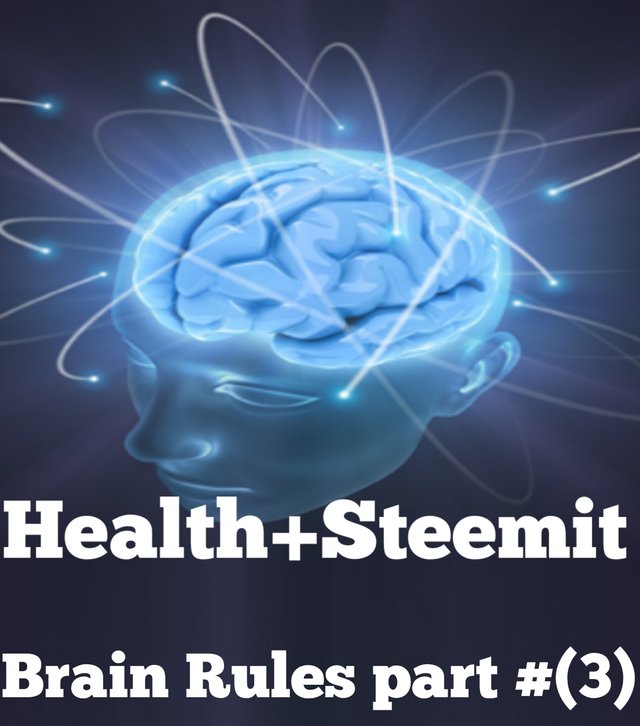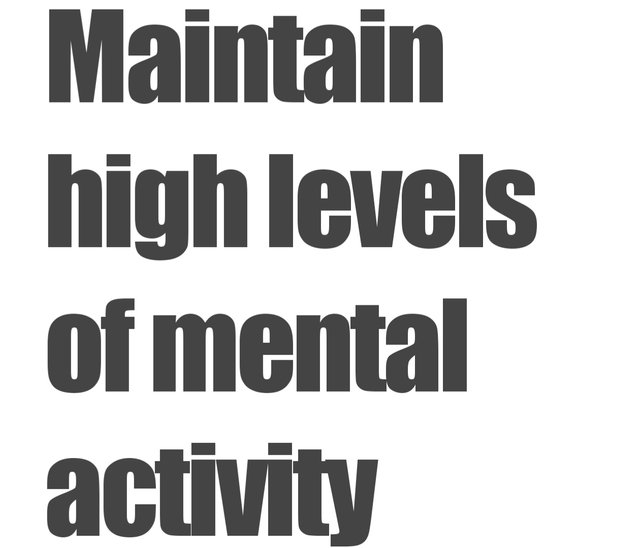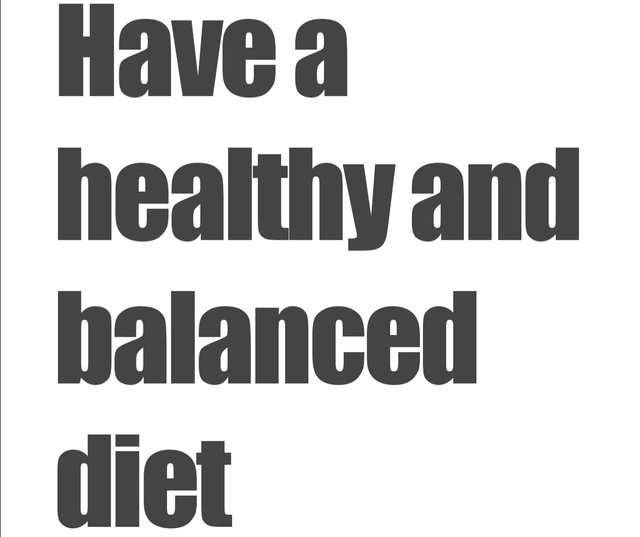👉 Brain Rules part #(3)


There’s a commercial from the 1970s, starring actor and director Orson Welles, about a California winery’s fastidious production philosophy. “We will sell no wine before its time,” Welles intoned. That tagline could easily be applied to our subject. Ideas about how music affects the brain long have been the providence of anecdote. But the research has been maturing for a while now. Now it is of sufficient quality that a few solid things can be said about it.
Science has a wholly undeserved reputation for being confident, quick, and decisive. Real science is insecure, slow, and obsessed with doing more experiments. The research on music and the brain is a terrific illustration of how tentative our enterprise can be. Many bright people have labored long and hard to bring up to the surface the few nuggets available in this chapter. It’s exciting stuff that will only get more exciting as the years go by.
A music chapter has been on my mind for years. My wife is a classical composer, and I have been around swirls of her music our entire marriage (more than three decades now). It is natural for me as a brain scientist to wonder about how music affects her, and me, and our children—the way we think and the way we feel.
Writing about these data, tentative as they may be, is an attempt to understand what goes on in the brain—including yours—when we perform or listen to our favorite songs. I think you will find it uplifting. And, if you live with a musician, perhaps also explanatory.


What’s different? Mental health professionals have known for years about sex-based differences in the type and severity of psychiatric disorders. Males are more severely afflicted by schizophrenia than females. By more than 2 to 1, women are more likely to get depressed than men, a figure that shows up just after puberty and remains stable for the next 50 years. Males exhibit more antisocial behavior. Females have more anxiety. Most alcoholics and drug addicts are male. Most anorexics are female.
Men and women handle acute stress differently. When researcher Larry Cahill showed them slasher films, men fired up the amygdale in their brain’s right hemisphere, which is responsible for the gist of an event. Their left was comparatively silent. Women lit up their left amygdale, the one responsible for details. Having a team that simultaneously understood the gist and details of a given stressful situation helped us conquer the world.
Men and women process certain emotions differently. Emotions are useful. They make the brain pay attention. These differences are a product of complex interactions between nature and nurture.

The desire to explore never leaves us despite the classrooms and cubicles we are stuffed into. Babies are the model of how we learn—not by passive reaction to the environment but by active testing through observation, hypothesis, experiment, and conclusion. Babies methodically do experiments on objects, for example, to see what they will do.
Google takes to heart the power of exploration. For 20 percent of their time, employees may go where their mind asks them to go. The proof is in the bottom line: fully 50 percent of new products, including Gmail and Google News, came from “20 percent time.

The more conversations you have had as a child or have with your child, the more intelligent you or your child become. So if you want to power up your child’s or your own brain, then have more conversations. Start this form of brain training as early as humanly possible. Simple brain games involving naming objects and solving puzzles make learning a social as well as an educational matter and this improves everyone’s IQ.
Communication increases our vocabulary, which is important for our general intelligence levels. Kids whose parents read to them most days have higher IQs. However, the key to an increased IQ is not just to read, but to read interactively to a child. That means that you should use an interesting and varying tone of voice, showing lots of relevant emotion as you read. Look for signs of interest or reactions in the child and ask those questions as you go, making sure the child understands what is being read. For example, you could stop and ask: “What do you think happens next?” You can also check to see if they can tell you the meaning of a word, or you can provide one for them. This makes reading a fun social activity and this is where the real IQ boost comes from. This is probably the simplest and most important thing you can do for your child and it is why TV and audio stories played from CDs or computers just will not do the trick. It turns out that kids need their parents! Engaging with stories is very good for a child’s intellectual development, as shown in the article “What Reading Does for the Mind” by Cunningham .
But don’t worry if you were never read to as a child. Exercising the brain and keeping mentally active is always a good idea, no matter what age you are now. Fun activities like crosswords, Sudoku, or whatever similar activity takes your fancy have long been suspected by neuroscientists to help improve your cognitive ability. Even struggling to understand a map or a badly written flat-pack furniture assembly guide will exercise your spatial and reasoning abilities. One of the simplest things you can do to make your brain sweat is to try to understand points of view that you do not agree with. Open your mind and listen to arguments that make no sense to you and try to find some sense in them.

There are quite a range of food ingredients that are good for your brain and no end of marketing experts who will try to sell you the extracted ingredient in pill form or added to yoghurt. But the truth is that many food components can increase our mental functioning. Ginkgo biloba (extracted from the ginkgo tree) has good effects on memory. Vegetables such as broccoli, spinach, tomatoes, some berries, and the omega-3 oils found in oily fish (and some grains) appear to improve memory and overall brain function, as do green teas and protein in general. Protein, which we take in through meat, eggs and beans and peas (pulses), contain high levels of amino acids, such as tyrosine, which in turn cause neurons to produce the very important neurotransmitters norepinephrine and dopamine, which are associated with mental alertness.
The evidence is getting clearer on the effects of healthy diet and breastfeeding for an increased IQ. Mothers who breastfeed their babies for more than just a few weeks provide them with essential omega-3 fatty acids that are generally not available in baby formula. The same essential oils are also found in fresh fish, so kids fed plenty of fresh food and grains, including fresh fish from as early as possible, have higher IQs than kids fed on formula and processed food.
Perhaps the best evidence for exercise as a technique to fuel your brain power comes from a gold standard Randomized Controlled Trial study published in the journal Pediatrics by Helland, Smith, Saarem, Saugstad, & Drevon in 2003. That study compared the IQs of children fed on omega-3-enhanced milk formula compared to those who were not. The researchers found that the IQs of the omega-3 fed children were several points higher at four years of age – long after milk feeding had stopped.
A child’s IQ is also helped by the diet of the mother, especially in the last trimester of her pregnancy. If the mother eats a healthy diet high in omega-3 oils and feeds her child well, that child will gain several IQ points for life. A mother and infant diet based on processed meals and processed foods like fizzy drinks, cheap breads and cakes, may actually reduce your child’s IQ below its expected level.
Thankyou so much steemians


great!
Hello huma.mirza nice tips....really helpful
Thankyou so much
You got voted by @curationkiwi thanks to huma.mirza! This bot is managed by @KiwiBot and run by @rishi556, you can check both of them out there. To receive maximum rewards, you must be a member of @KiwiBot. To receive free upvotes for yourself (even if you are not a member) you can join the KiwiBot Discord linked here and use the command !upvote (post name) in #curationkiwi.
Congratulations! This post has been upvoted from the communal account, @minnowsupport, by huma.mirza from the Minnow Support Project. It's a witness project run by aggroed, ausbitbank, teamsteem, someguy123, neoxian, followbtcnews, and netuoso. The goal is to help Steemit grow by supporting Minnows. Please find us at the Peace, Abundance, and Liberty Network (PALnet) Discord Channel. It's a completely public and open space to all members of the Steemit community who voluntarily choose to be there.
If you would like to delegate to the Minnow Support Project you can do so by clicking on the following links: 50SP, 100SP, 250SP, 500SP, 1000SP, 5000SP.
Be sure to leave at least 50SP undelegated on your account.